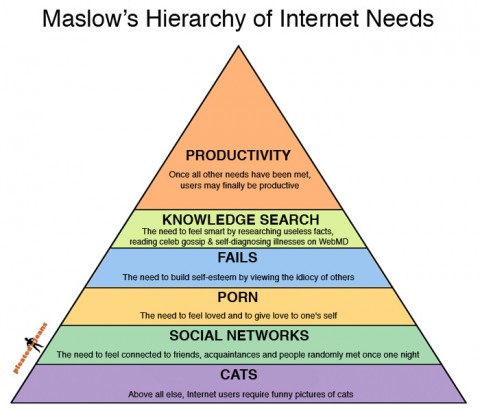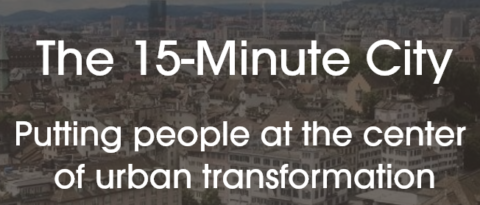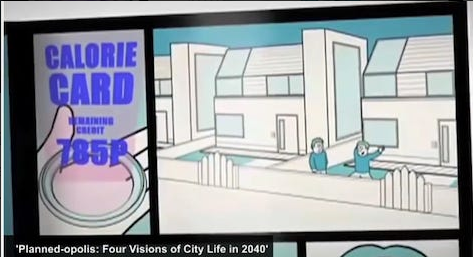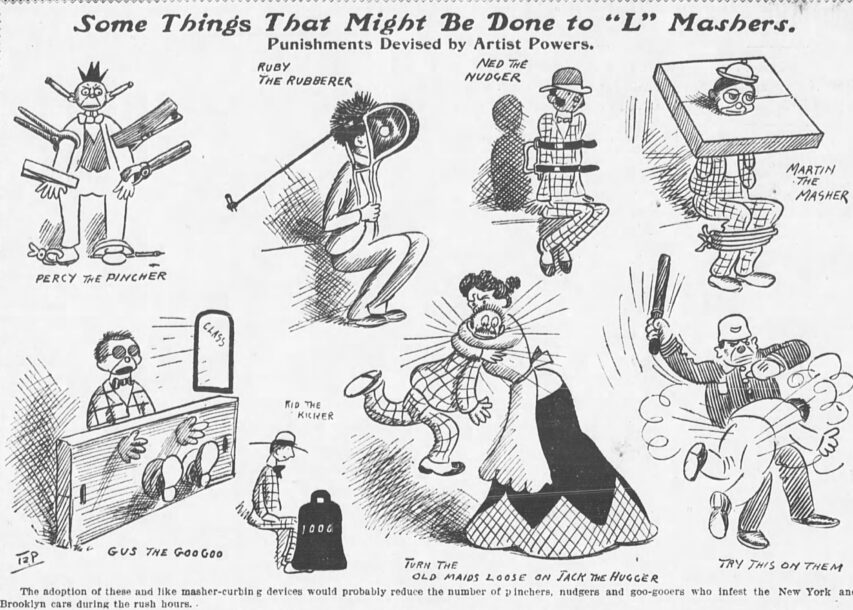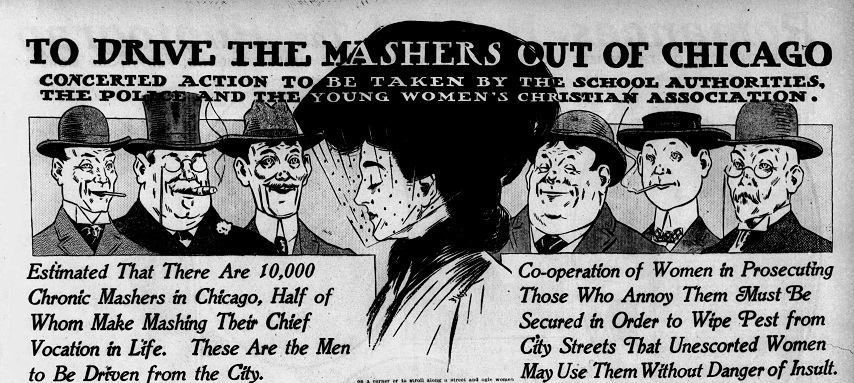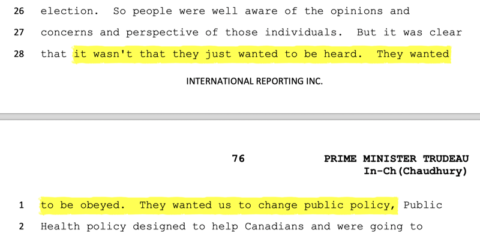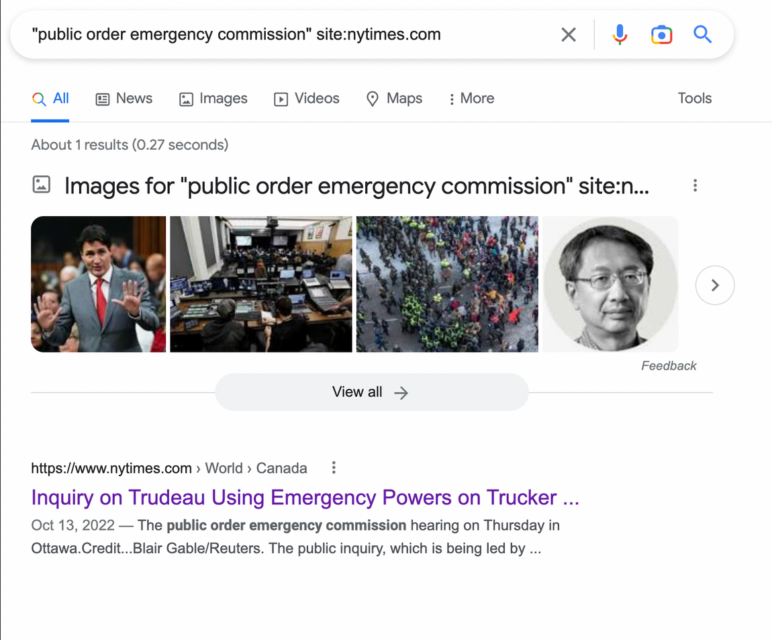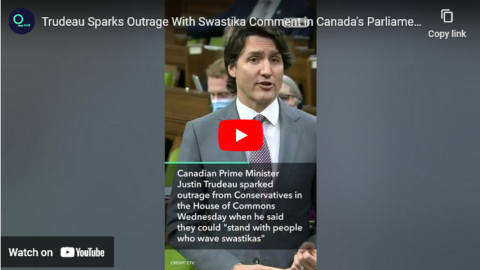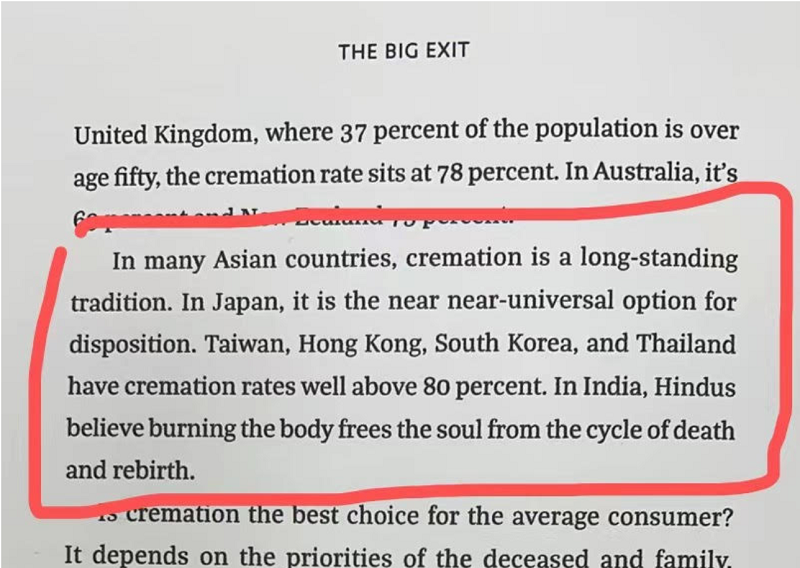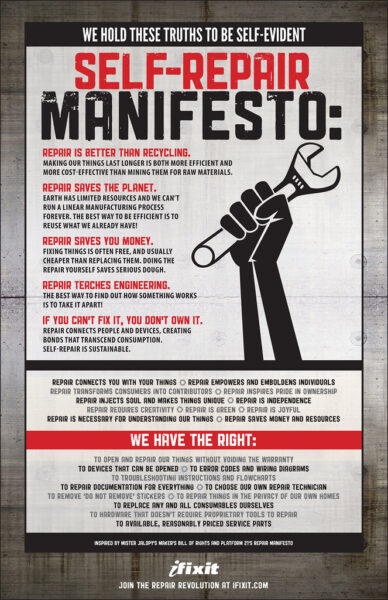Peter Jacobsen answers a reader question about the now almost forgotten doomsday scenario for the internet that was the ending of “Net Neutrality” in 2017:
To answer this question, we have to wind back the clock to 2017. Then-chair of the Federal Communications Commission (FCC) Ajit Pai successfully led an effort to repeal a set of 2015 regulations on Internet Service Provider (ISP) companies originally put into place by the Obama Administration.
The simplest summary of net neutrality regulations is that they required ISPs to enable access to content on the internet at equal speeds and for equal costs. For example, your ISP charging you to get faster speeds on YouTube or blocking High Definition access on Netflix would be examples of violations of net neutrality.
The idea of paying your ISP extra to have access to certain websites is a scary one, but it appears the worst fears associated with the end of net neutrality were overstated. To some extent proponents of net neutrality are the victim of their own apocalyptic marketing.
The Rumors of the Internet’s Death Were Greatly Exaggerated
If you spent any time on the internet during the death of net neutrality, it was hard to miss it. On July 12, 2017 websites across the internet coordinated their messages for the “battle for the net.”
Websites including Amazon, Netflix, YouTube, and Reddit called their users to fight for “a free and open internet”.
On Twitter, #SaveTheInternet thrived, seemingly implying the internet itself was facing an existential threat.
The repeal of #NetNeutrality officially goes into effect today, but the fight is far from over.
The people saying we can’t pass the resolution to #SaveTheInternet in the House are the same people who were saying we couldn’t do it in the Senate.
Ignore them. Just keep fighting.
— Ed Markey (@SenMarkey) June 11, 2018
After the decision by the FCC, CNN briefly declared it was “the end of the internet as we know it”.
Unfortunately for all kinds of doomsday prophets, extreme rhetoric always looks silly in hindsight when it fails to pan out.
Obviously we aren’t seeing ISPs charge users different amounts to use different websites in any systematic way. There’s no “pay your ISP to access Hulu” package yet. So already it’s clear some of the doom and gloom was over-hyped.
Fears of ISPs offering “fast lanes” to make users pay more for better service don’t seem to have materialized either. The only example of this sort of thing I could find was a Cox Communications trial of an “Elite Gamer” service. But this service was unlike the “fast lanes” hyped up by net neutrality proponents in that it never offered a less throttled experience and would have been permissible under the old net neutrality rules.
One of the biggest concerns about the repeal of these regulations was that it would lead ISPs to favor their own services. For example, AT&T owns Time Warner and HBO Max. In theory, AT&T could silently throttle speed to competing streaming platforms like YouTube and Netflix, thereby destroying competition.

